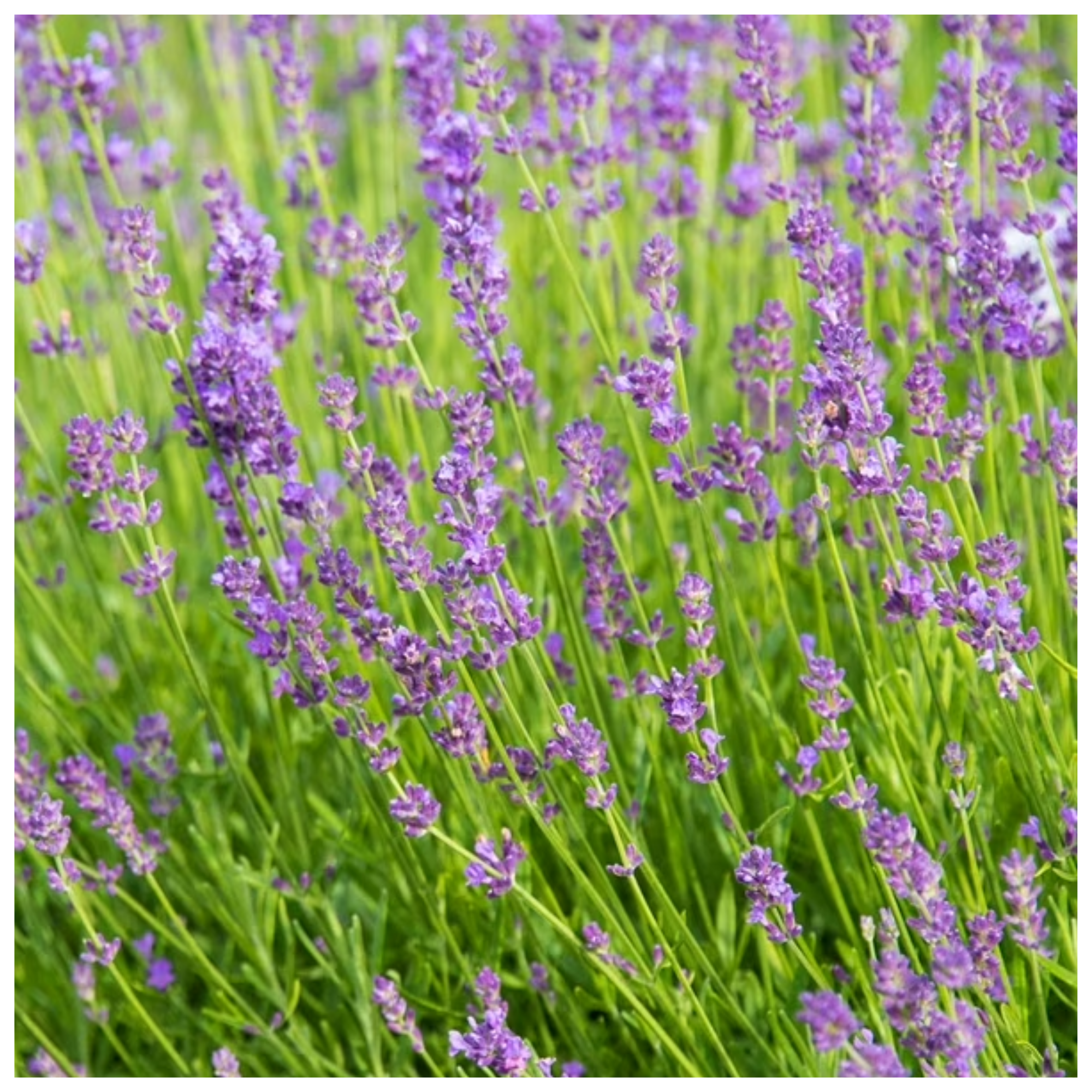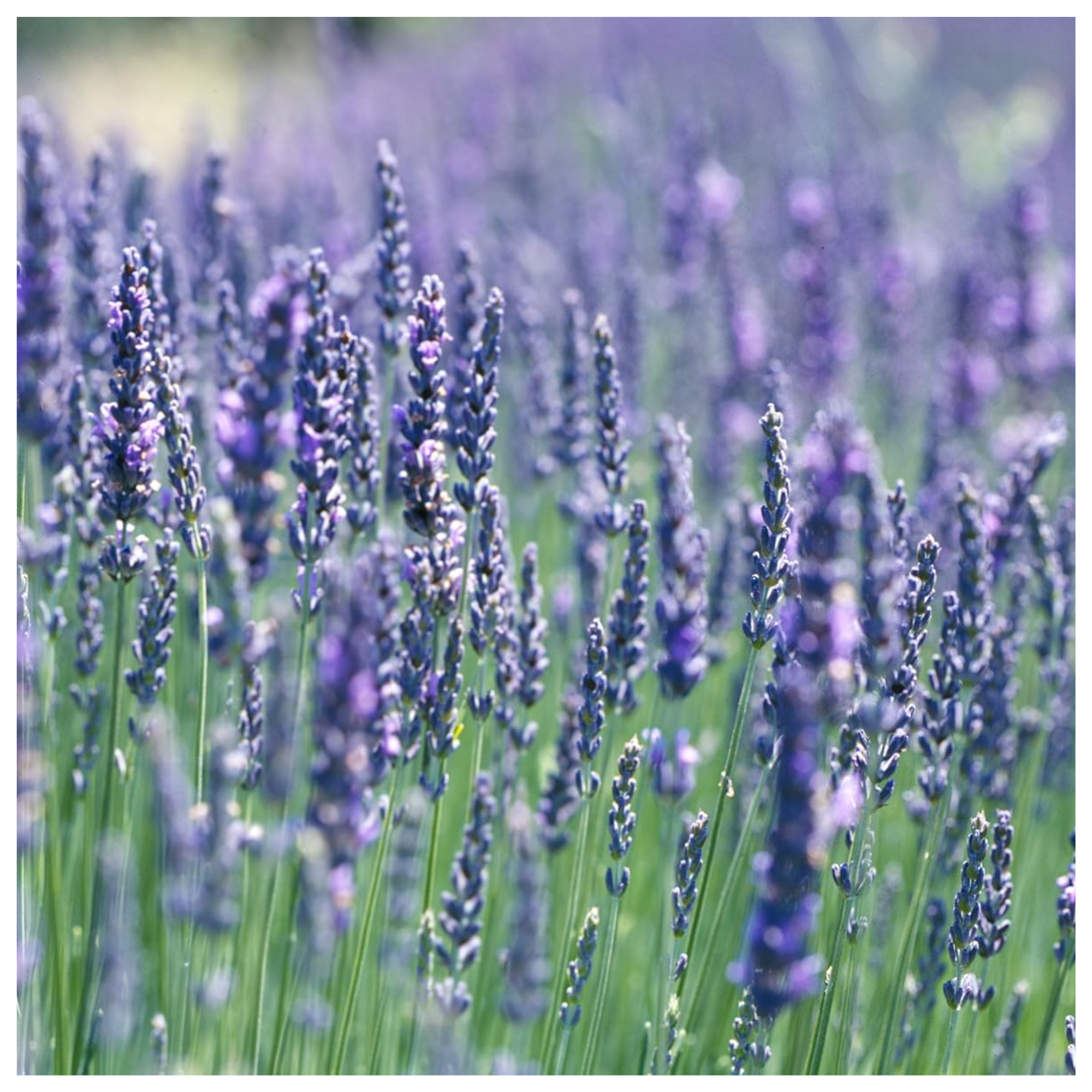How to Winterize Lavender in 3 Simple Steps — Protect Your Blooms From Frost Now for an Aromatic Garden Next Year
Instead of leaving your lavender exposed to cold snaps and winter storms, adopt these professional tips to safe-keep your herbs
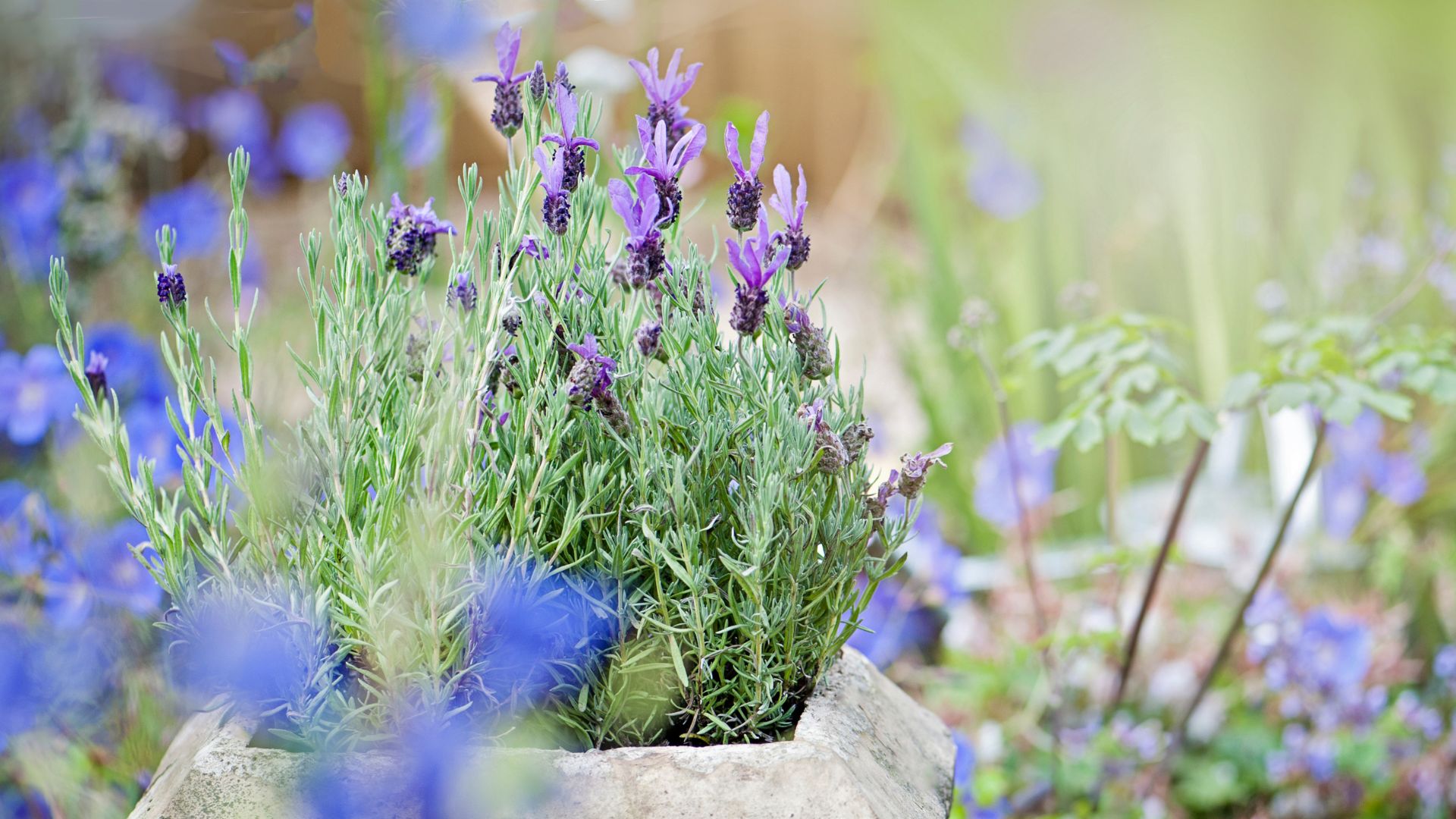

Lavender is one of the most common herb garden plants around. With its low-maintenance tendencies, all-around hardiness, calming scent, and vibrant foliage, there's no doubt why this crop is a favorite among gardeners.
But as winter creeps up on them, these purple herbs typically benefit from a dose of protection via winterization. Not all garden crops need to be winterized, but to neglect lavender plant care at this time of year would be a rookie mistake.
Whether your lavender is sitting pretty in pots or growing in bushels out of the ground, it's a good idea to add this garden chore to your fall to-do list. You won't regret it when your lavender springs back next year.
How to Winterize Lavender

We find that winter shielding is an essential aspect of lavender maintenance and gardening expert Tony O'Neill agrees. To familiarize us with winterizing lavender in place of general overwintering, he has provided us with his go-to guide to keeping lavender safe through the frost.
Step 1: "Around late summer or early fall, trim back about one-third of the plant’s foliage," says Tony. "This will help to maintain its shape and remove spent flowers."
Step 2: Next, he recommends adding a layer of mulch around the base of the lavender to help insulate the roots and protect them from freezing temperatures. "Use straw or shredded bark," he adds. "But avoid placing it directly on the stems."
Step 3: In regions where temperatures drop below freezing frequently, he finds covering the plants to be a smart move. "Use a frost cloth or breathable plant cover to shield the lavender from harsh conditions," he advises.
When to Winterize Lavender
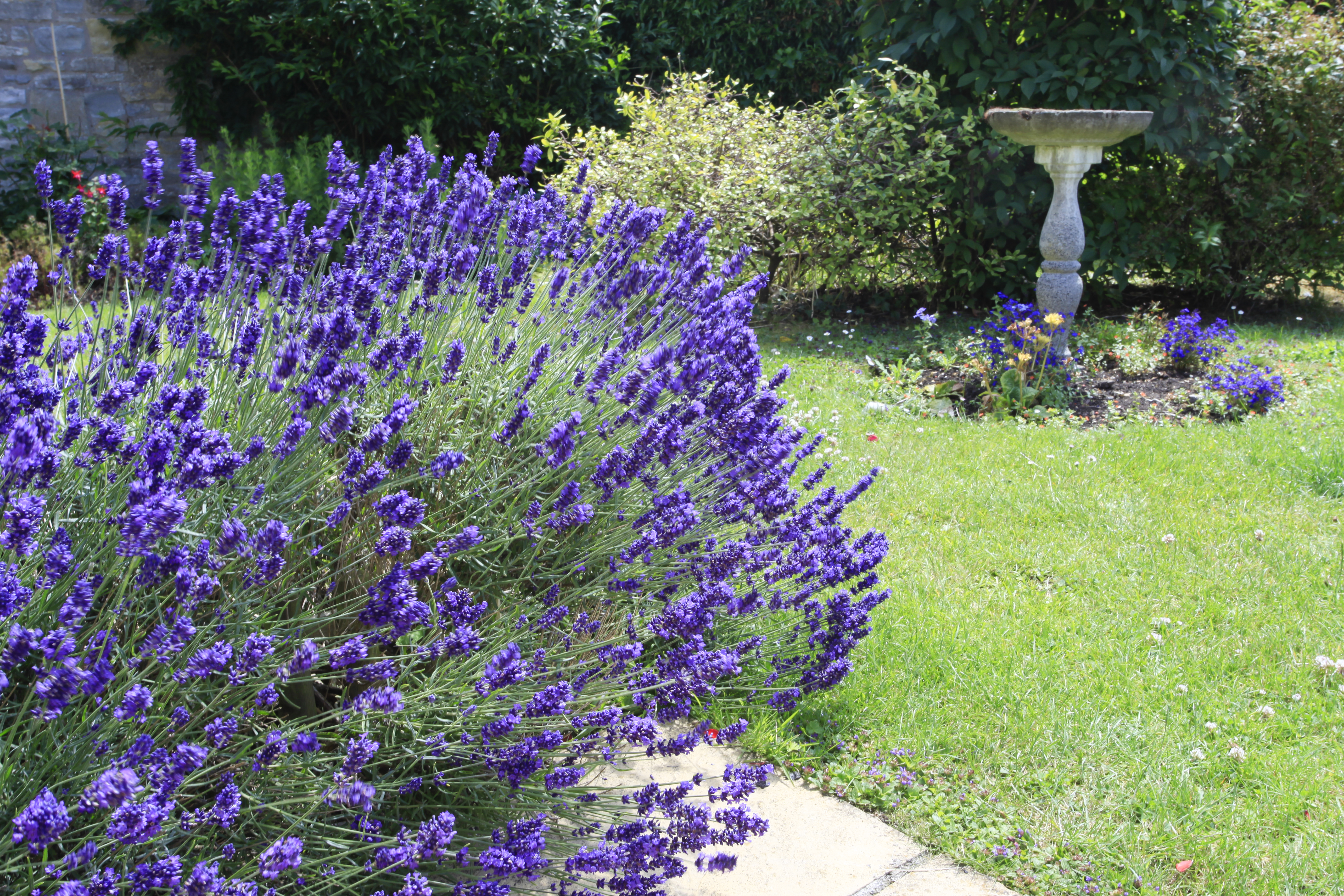
According to Tony, the ideal time to winterize lavender is in the fall. Usually, he finds that this technique is most beneficial when administered by late September to early October, depending on your region's climate.
"You should begin winterizing once the risk of heavy frost is near, and the plant is no longer actively growing," notes Tony. Proper winterizing will save you from having to revive lavender post-winter.

I'm Tony O'Neill, a gardening expert and best-selling author. I am an educator with a thriving YouTube channel that has 434,000 subscribers and receives over 1.4 million monthly views. Through my award-winning website, simplifygardening.com, I share my passion for gardening and sustainability. I've authored books including "Simplify Vegetable Gardening," "Composting Masterclass," and "Your First Vegetable Garden," empowering individuals to cultivate their own green spaces.
How to Winterize Potted Lavender
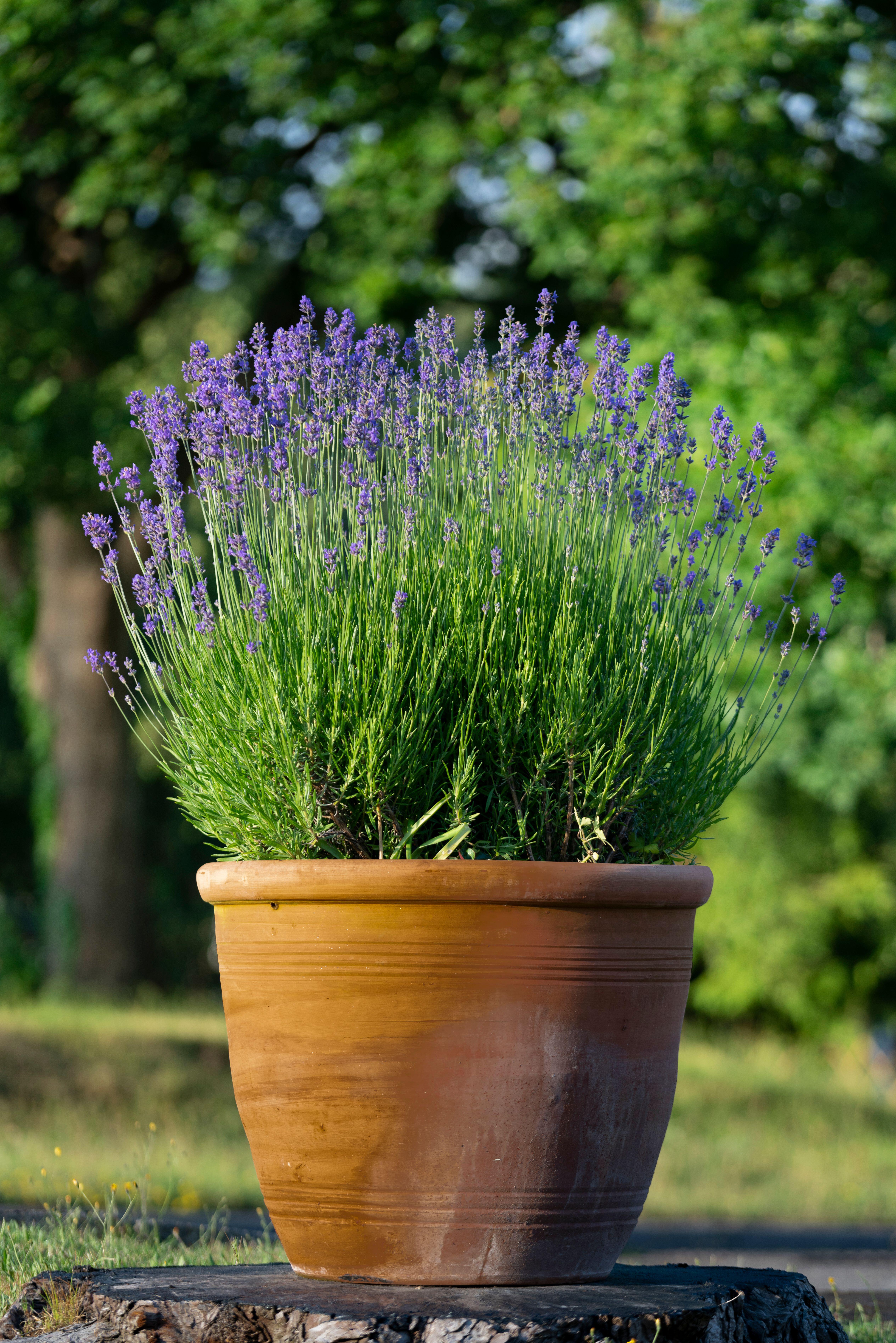
If you've been planting lavender in containers and are curious about how to defend them from the cold, we've got you covered. Tony tells us that these three tips are perfect for winterizing potted lavender and have helped his container garden through many a cold snap.
Tip 1: "Lavender in pots should be relocated to a sheltered space," says Tony. He recommends relocating them to a porch, greenhouse, or even indoors. Essentially, he finds it best to store it in an area where it won’t be exposed to freezing winds or harsh winter conditions.
Tip 2: According to Tony, adjusting your watering routine is another brilliant way to acclimate your crops. "Water sparingly throughout winter, as lavender doesn’t like to be soggy," he notes. "And make sure the soil is dry between watering."
Tip 3: He also tells us that insulating the pot is a great help. "If you can’t bring the lavender indoors, wrap the pot with bubble wrap or cloth," he says. "This will provide insulation and prevent the roots from freezing."
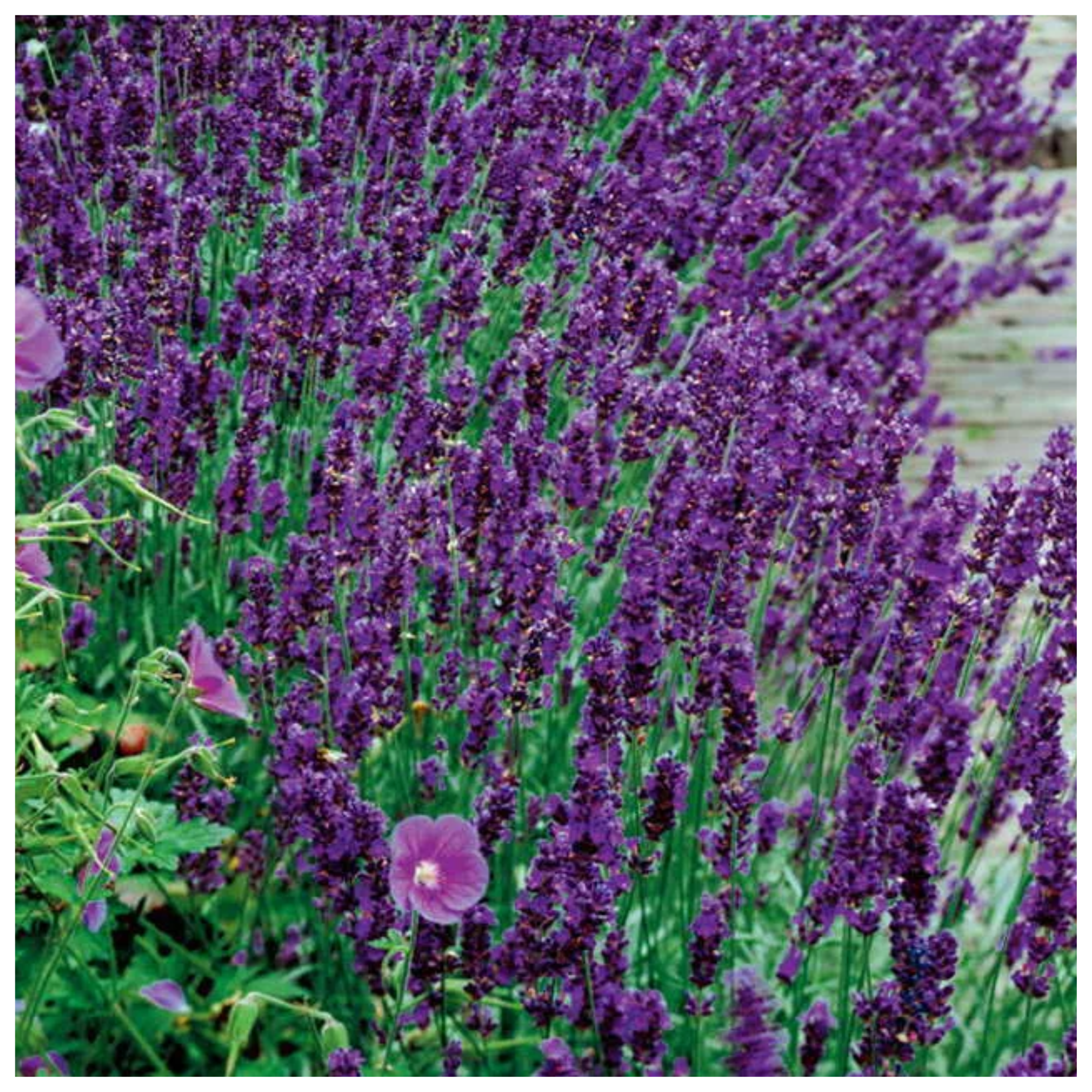
Price: $22
Volume: 1-Quart Plant
This lavender 'Hidcote blue' plant from Jackson & Perkins is a brilliant buy to get you started on your journey of being a lavender gardener.
Lavender is an incredibly rewarding garden edition so preparing it for the winter is one small chore that'll help your herb flourish after the frost ends. And because winterizing them is such a straightforward process, we see no reason why they should not be on all of our garden housekeeping lists for fall.
Trust us, it might seem like yet another task now but your herbs will be thanking you as the warmth returns and the crop starts to thrive again.
FAQs
Should You Cut Back Lavender for Winter?

Different types of lavender have varied needs but one of the main things they have in common is their need for pruning. Tony affirms that it's definitely a good idea to cut back lavender before winter. He explains that pruning helps the plant maintain its shape and prevents it from becoming too leggy.
Cutting back spent flowers and excess foliage, also reduces the risk of the plant becoming too heavy and susceptible to breaking under snow or frost, he adds.
Can You Prune Lavender in October?
"Yes, you can prune lavender in October," says Tony. "But make sure to avoid a heavy prune too late in the season, as this could expose the plant to damage from frost."
He tells us that a light trim in early to mid-October works well, but any heavy pruning should be done by late summer to give the plant time to recover before winter.
Be The First To Know
The Livingetc newsletters are your inside source for what’s shaping interiors now - and what’s next. Discover trend forecasts, smart style ideas, and curated shopping inspiration that brings design to life. Subscribe today and stay ahead of the curve.

Amiya is a Home Wellness Writer at Livingetc. She recently graduated with a Masters Degree in Magazine Journalism from City, University of London, and has lent her words to beauty, fashion, and health sections of lifestyle publications including Harper’s Bazaar and Women’s Health. Her experience as a research analyst has equipped her with an eye for emerging trends. When she’s off the clock, she can be found reading, listening to music, or overanalyzing her latest Co-Star update.
-
 Turns Out the Coolest New Café is Actually In Your Kitchen — Here's How to Steal the Style of TikTok's Latest Trend
Turns Out the Coolest New Café is Actually In Your Kitchen — Here's How to Steal the Style of TikTok's Latest TrendGoodbye, over-priced lattes. Hello, home-brewed coffee with friends. TikTok's 'Home Cafe' trend brings stylish cafe culture into the comfort of your own home
By Devin Toolen Published
-
 5 Bathroom Layouts That Look Dated in 2025 — Plus the Alternatives Designers Use Instead for a More Contemporary Space
5 Bathroom Layouts That Look Dated in 2025 — Plus the Alternatives Designers Use Instead for a More Contemporary SpaceFor a bathroom that feels in line with the times, avoid these layouts and be more intentional with the placement and positioning of your features and fixtures
By Lilith Hudson Published
